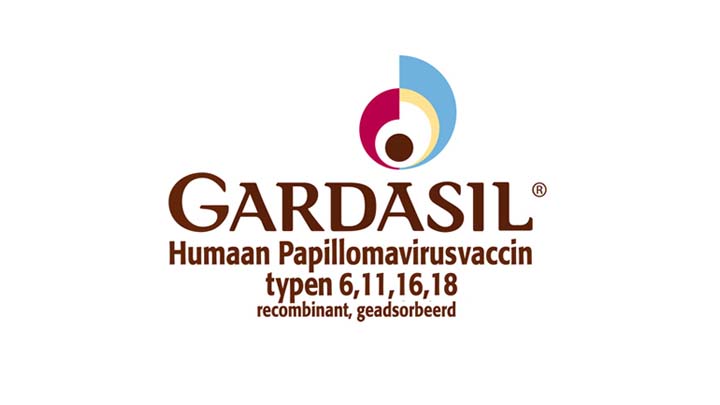Thimerosal, the CDC, and DISHONESTY: The truth about this mercury-based toxin
(NaturalHealth365) Imagine how crazy a person would look if, when presented with overwhelming evidence to the contrary about thimerosal and vaccine safety, they doubled-down on their misinformed opinion. On top of that, they continue to forcibly impose their false belief onto others – without being asked. None of us would like it.
But, that’s not all: how insane would it look if a government ‘health’ agency were to play this kind of ‘head-in-the-sand’ game. Unfortunately, that’s exactly what the U.S. Centers for Disease Control and Prevention (CDC) is doing – when it comes to the safety of vaccines.
The truth is: thimerosal is a dangerous mercury toxin which the CDC readily admits has “been been used in vaccines for decades” – despite reams of scientific data showing it is harmful to children.
A crucial sleight of hand: CDC cites THEIR OWN studies on thimerosal to insinuate that mercury-based vaccines are not harmful to kids
In a recent August publication, the CDC makes a strong claim that thimerosal “is not a toxin…but merely a preservative.” They even go so far as to say that the “evidence is clear” about this matter.
The question is: WHAT evidence are they citing?
It’s certainly not the hundreds of independent peer-reviewed studies published over the past several decades which show a significant connection between thimerosal and mercury exposure with childhood health problems, including autism spectrum disorder.
No. Instead, the CDC admittedly reference studies that “were conducted by CDC or with CDC’s involvement.” What’s more, they admit that even their own studies confirm evidence of the harm caused by thimerosal, but try to slyly downplay it.
Just take their word for it:
- Regarding a study on neurodevelopmental disorders of childhood, the CDC blithely summarize that the researchers found “only a few statistically significant associations between exposure from thimerosal and neuropsychological functioning.” Only? As if even one statistically significant association was not cause for dire concern.
- Regarding another study looking at thimerosal and health problems, the CDC reports “statistically significant associations between thimerosal and language delays and tics.”
These and other casual statements are concerning, to say the least. And keep in mind: these studies were funded by the CDC.
It’s really no surprise that their findings are in stark contrast to the many studies which report a biologically plausible link between exposure to this known neurotoxin and devastating childhood health problems.
The TRUTH behind the thimerosal and autism spectrum disorder connection
The CDC’s official stance is shaky at best – and straight-up deceit at worst. The reality is that thimerosal (like other types of mercury) is a known neurotoxin, especially in children.
It’s also been associated with an increased risk for autism spectrum disorder and other neurodevelopmental issues.
This is true for children who are given vaccines containing thimerosal directly, as well as children who have been exposed to thimerosal in utero when their mothers were (unbelievably) encouraged to get flu shots and the like.
And the CDC’s propaganda which states that thimerosal is “safe” and has no link to autism is based on data coauthored and funded by the CDC itself. If this isn’t a clear example of potential bias, we don’t know what is.
Is the overall evidence for the link between thimerosal-containing vaccines and autism mixed? I guess you could technically say ‘yes,’ especially if you look at studies funded by the pharmaceutical industry.
But it’s certainly not “clear” (as the CDC wants you to believe) that this mercury-based preservative isn’t harmful to our children!
Parents and consumers, take these CDC-funded studies for what they are – thinly veiled attempts to justify the use of neurotoxic substances in vaccines. Keep in mind, the vaccine industry is a mulit-billion dollar operation and they will do everything possible to protect their interests.
When it comes to your health, don’t trust anyone. Do your own research and always make an informed decision about what’s best for you.
Sources used for this article include:















